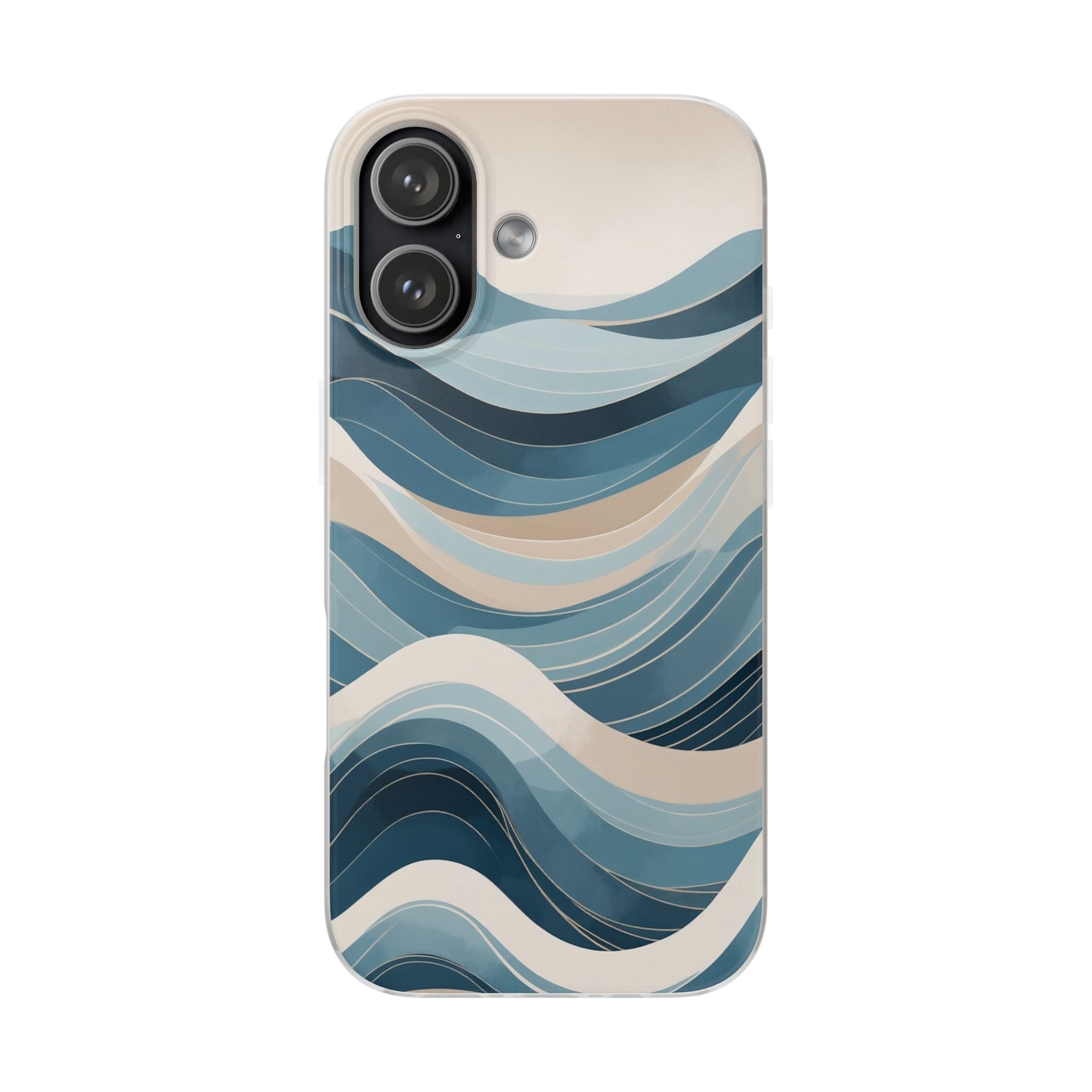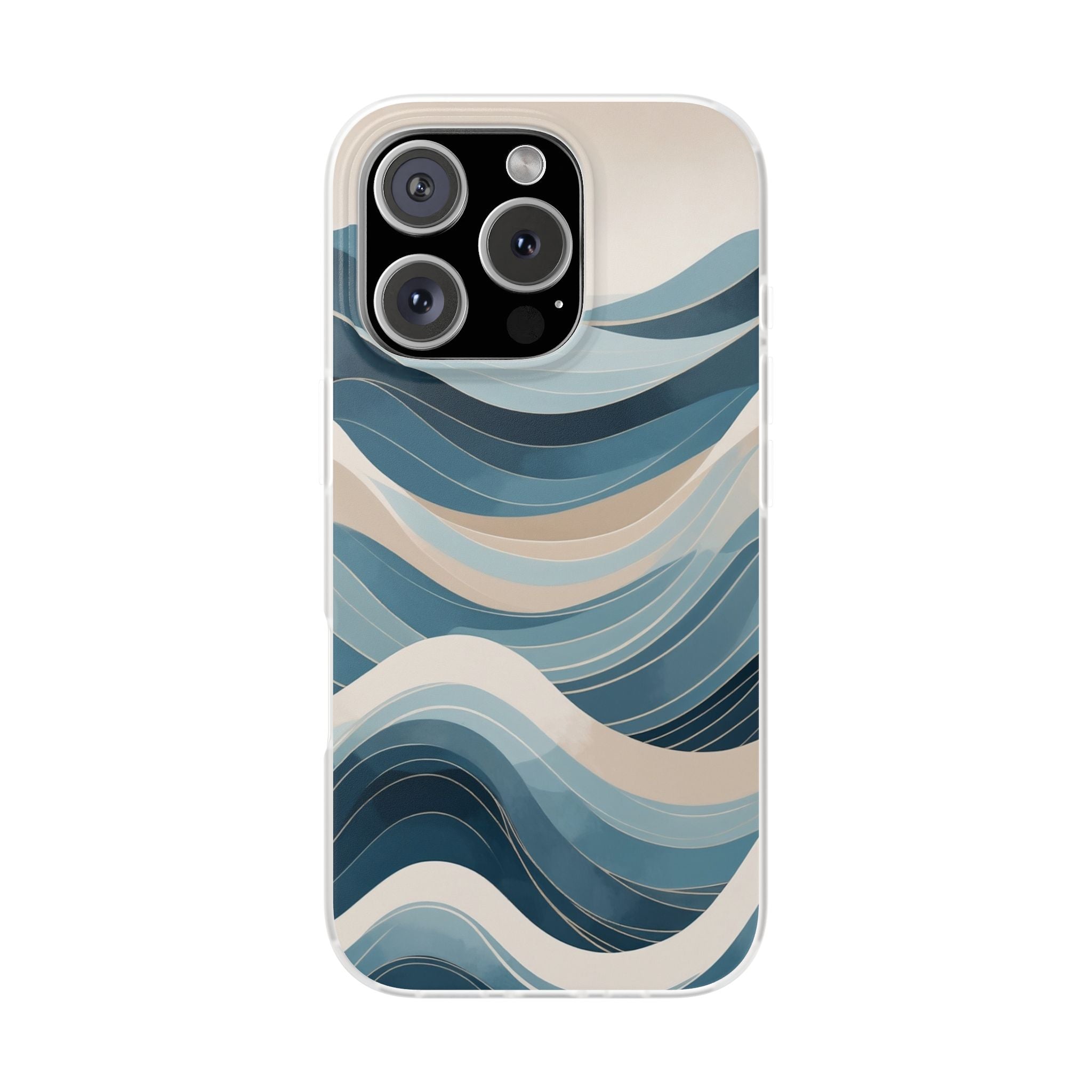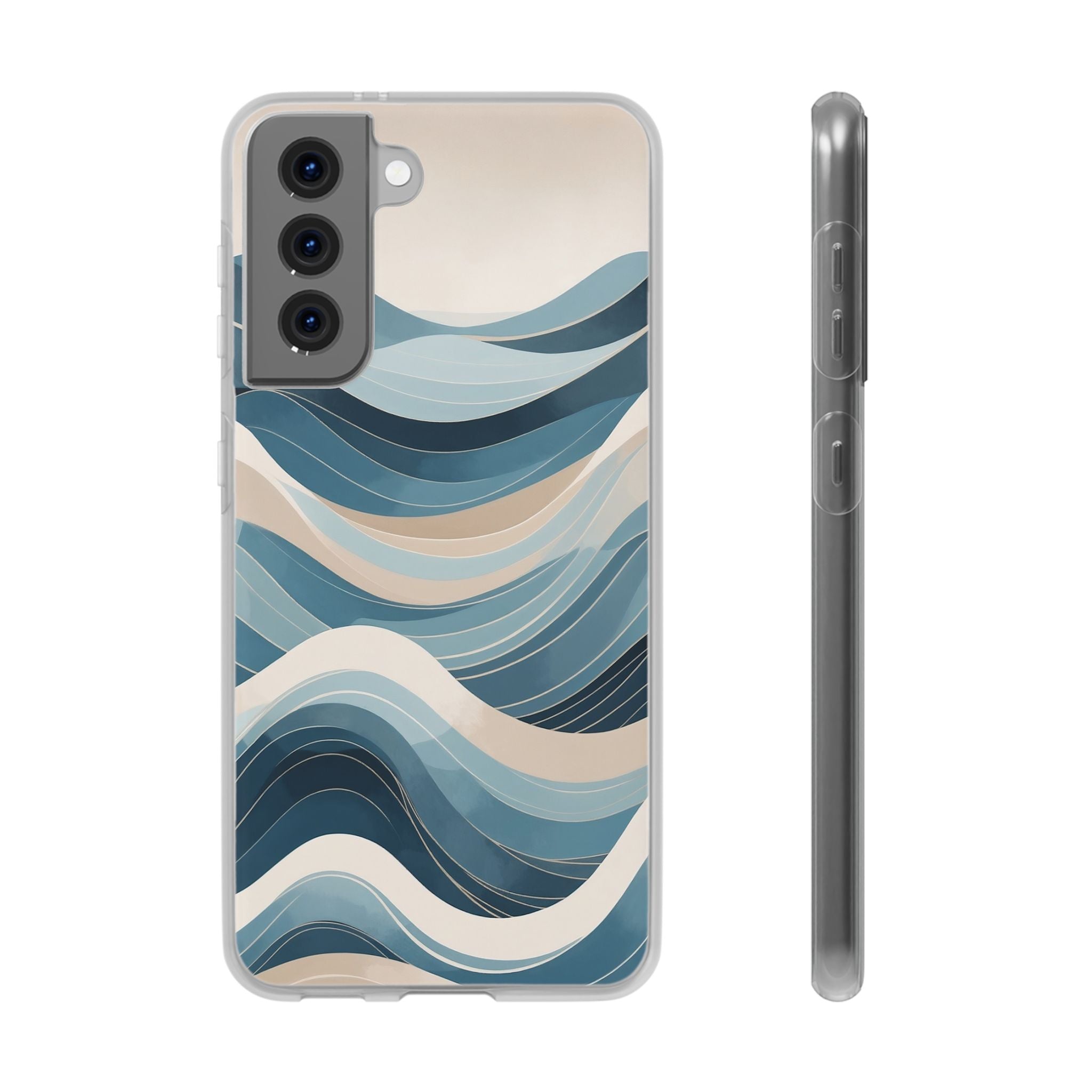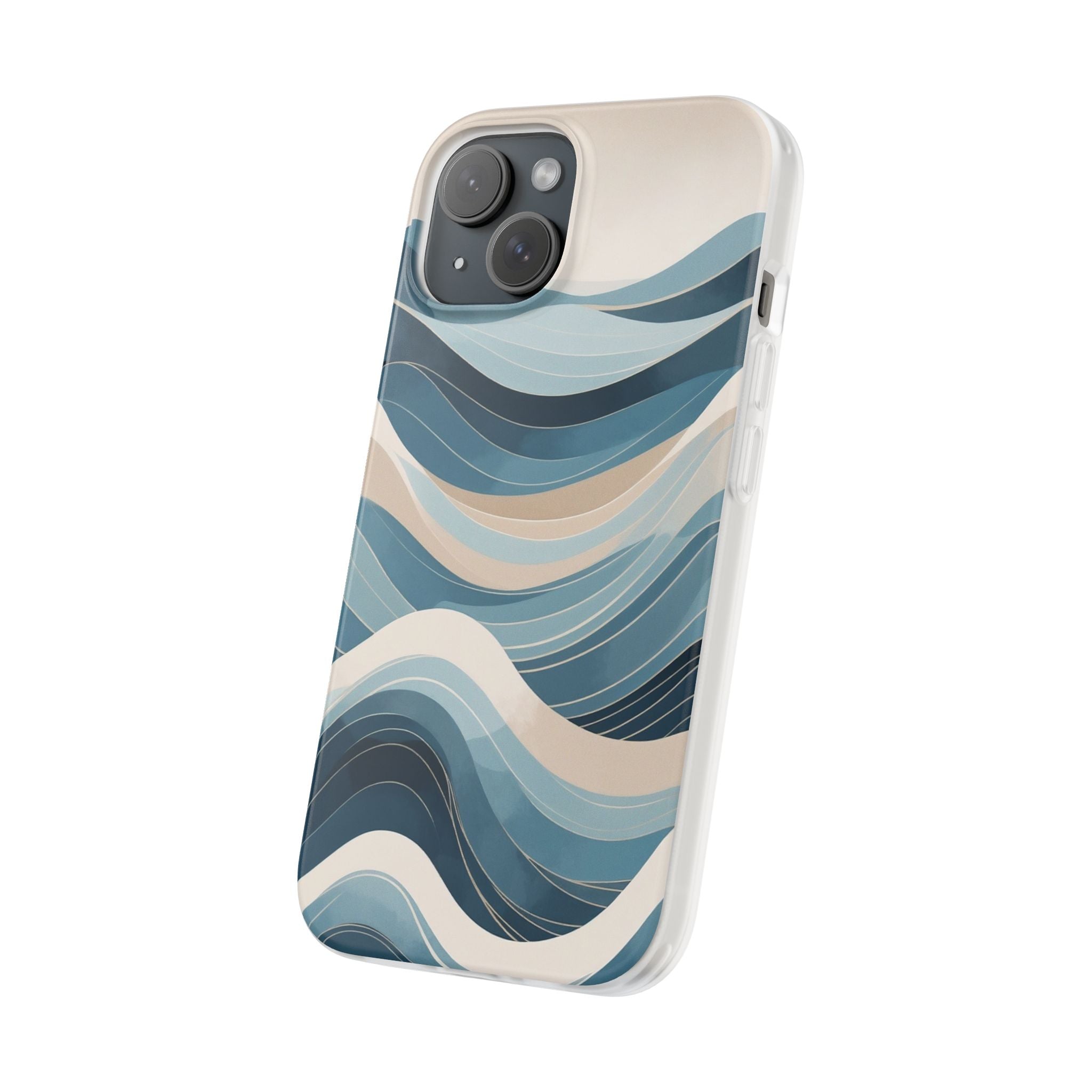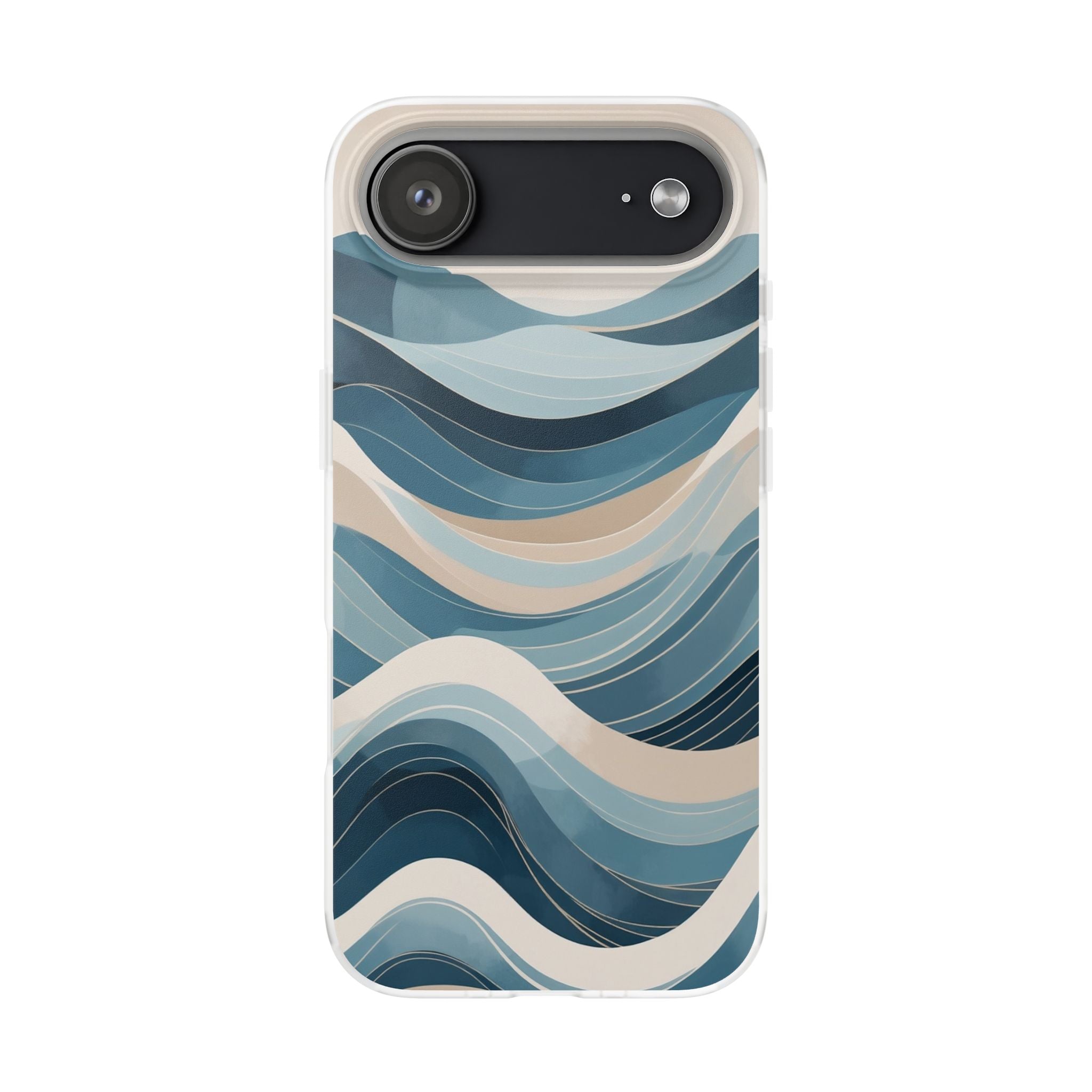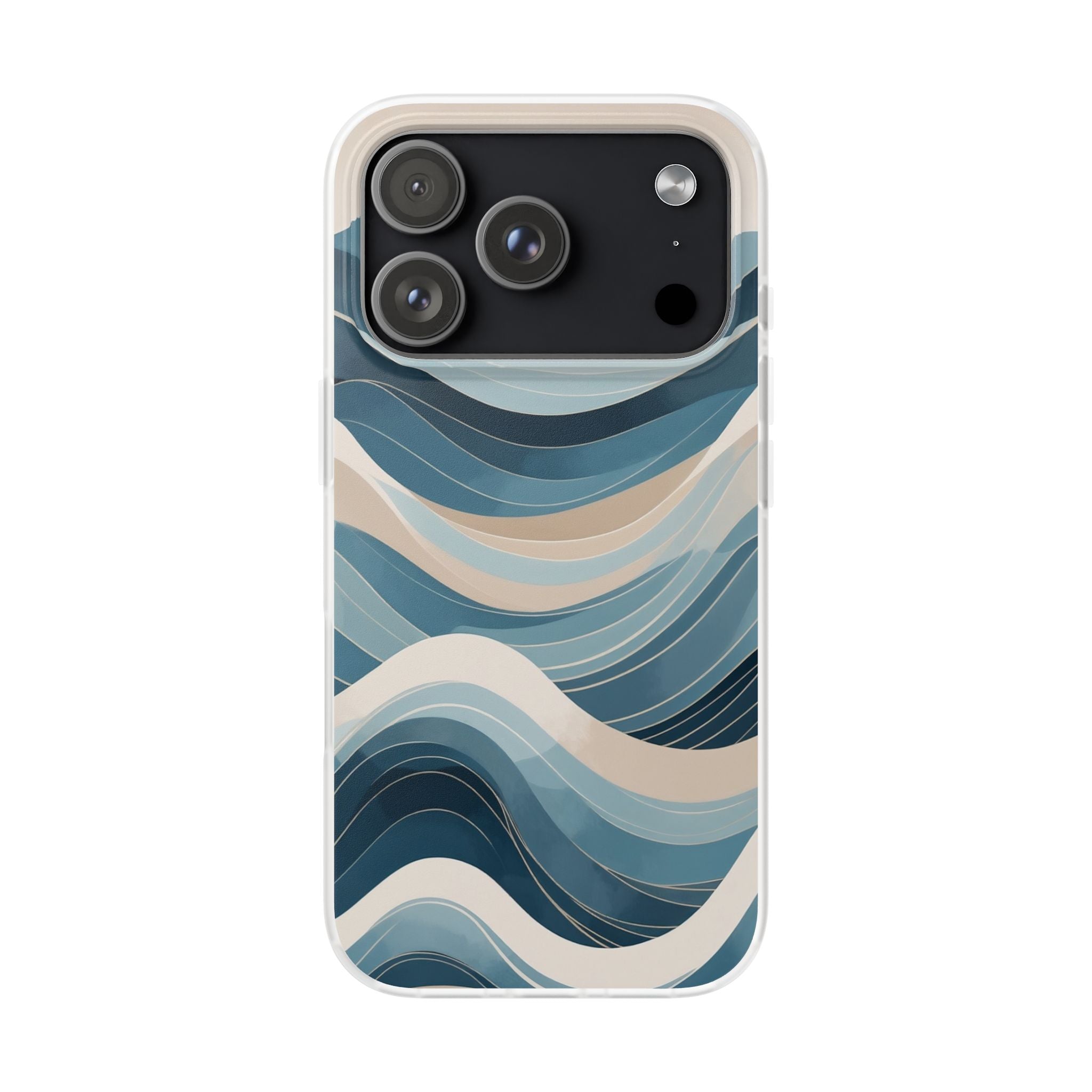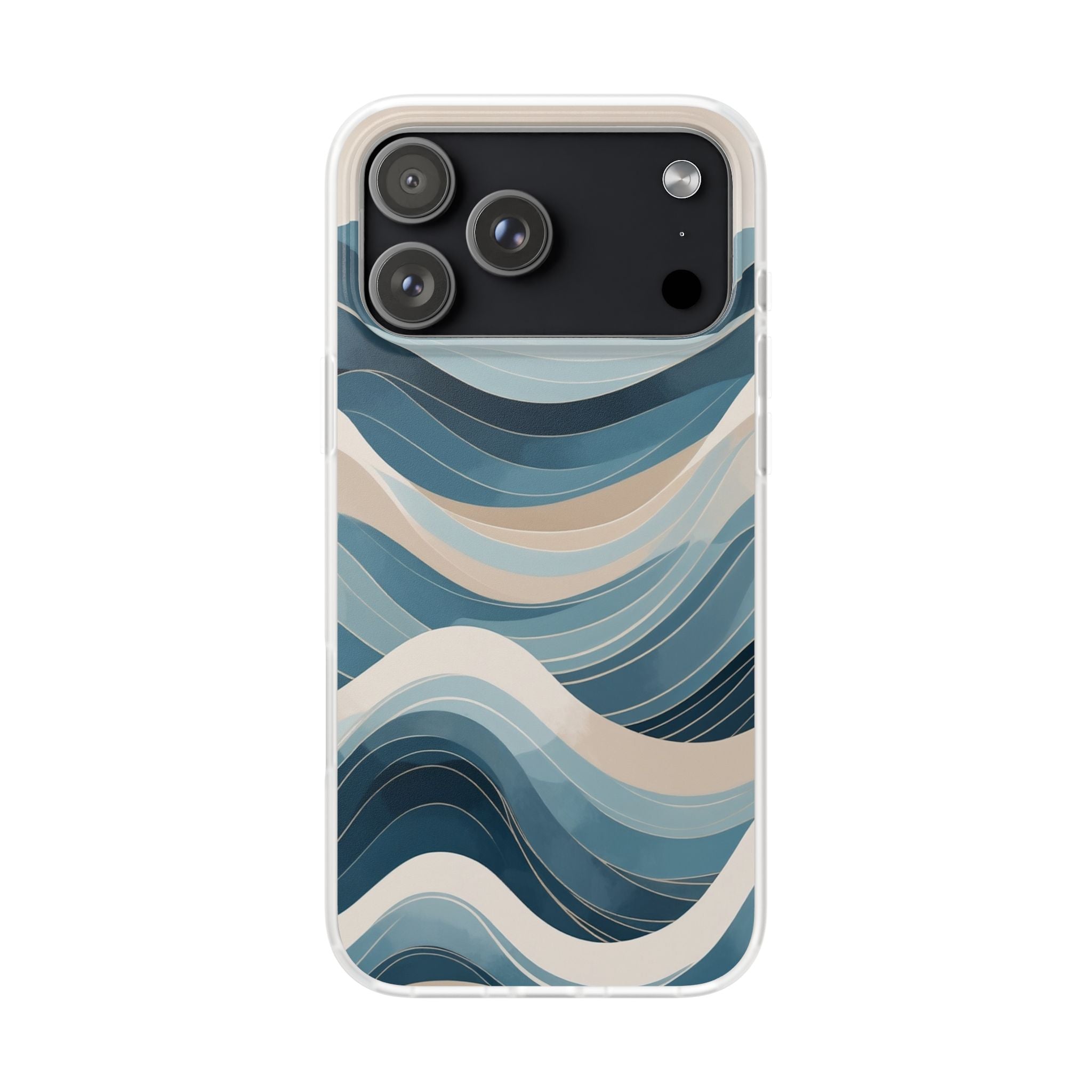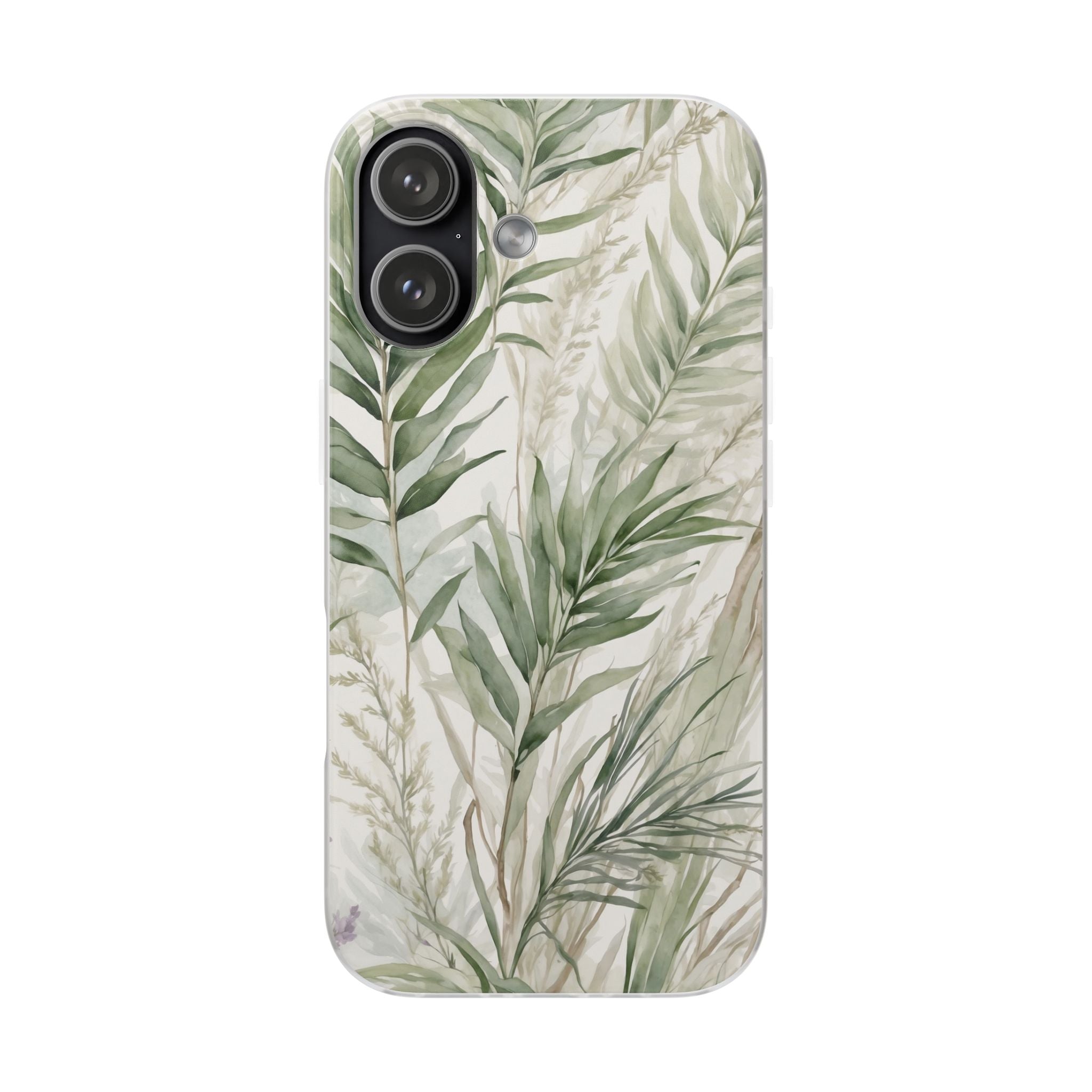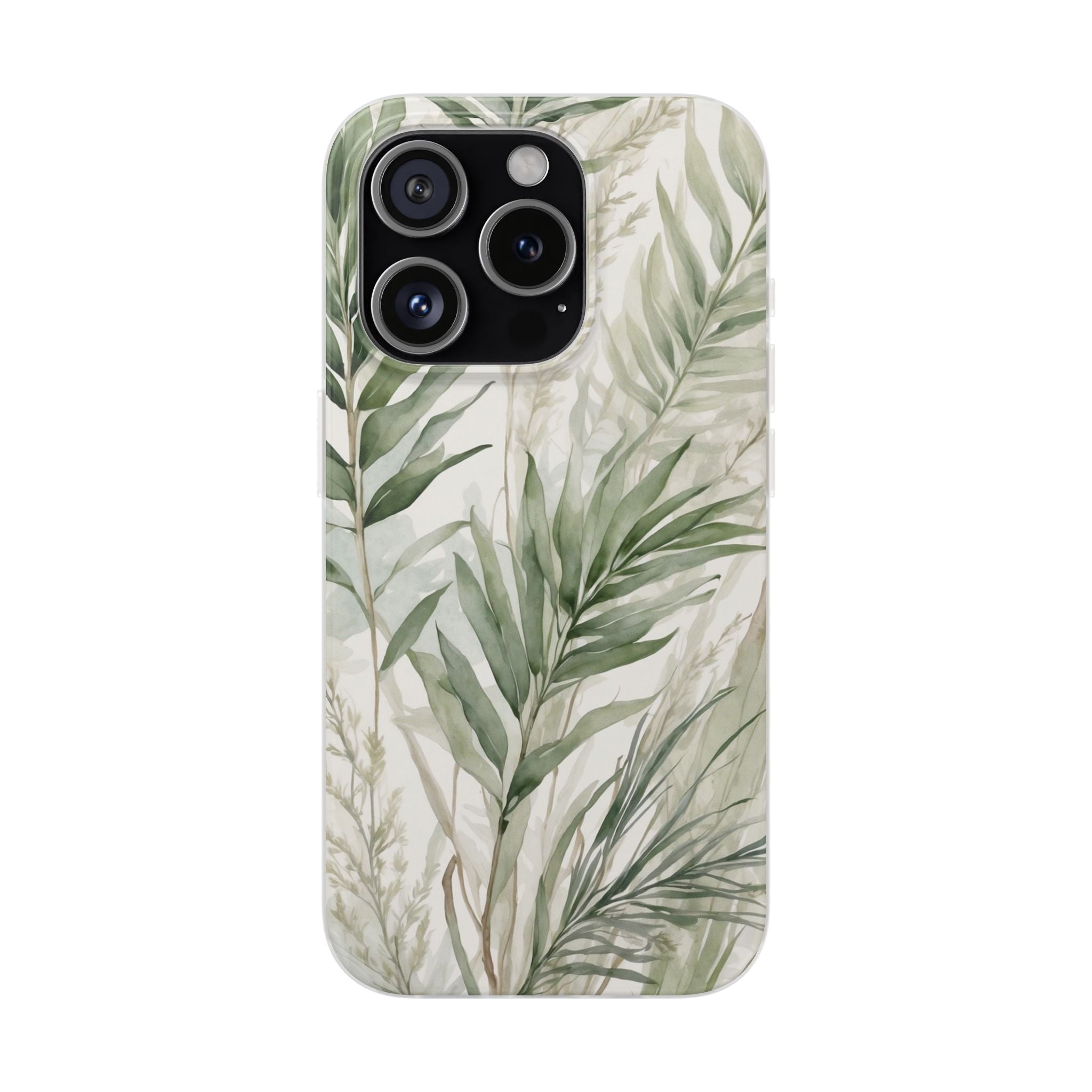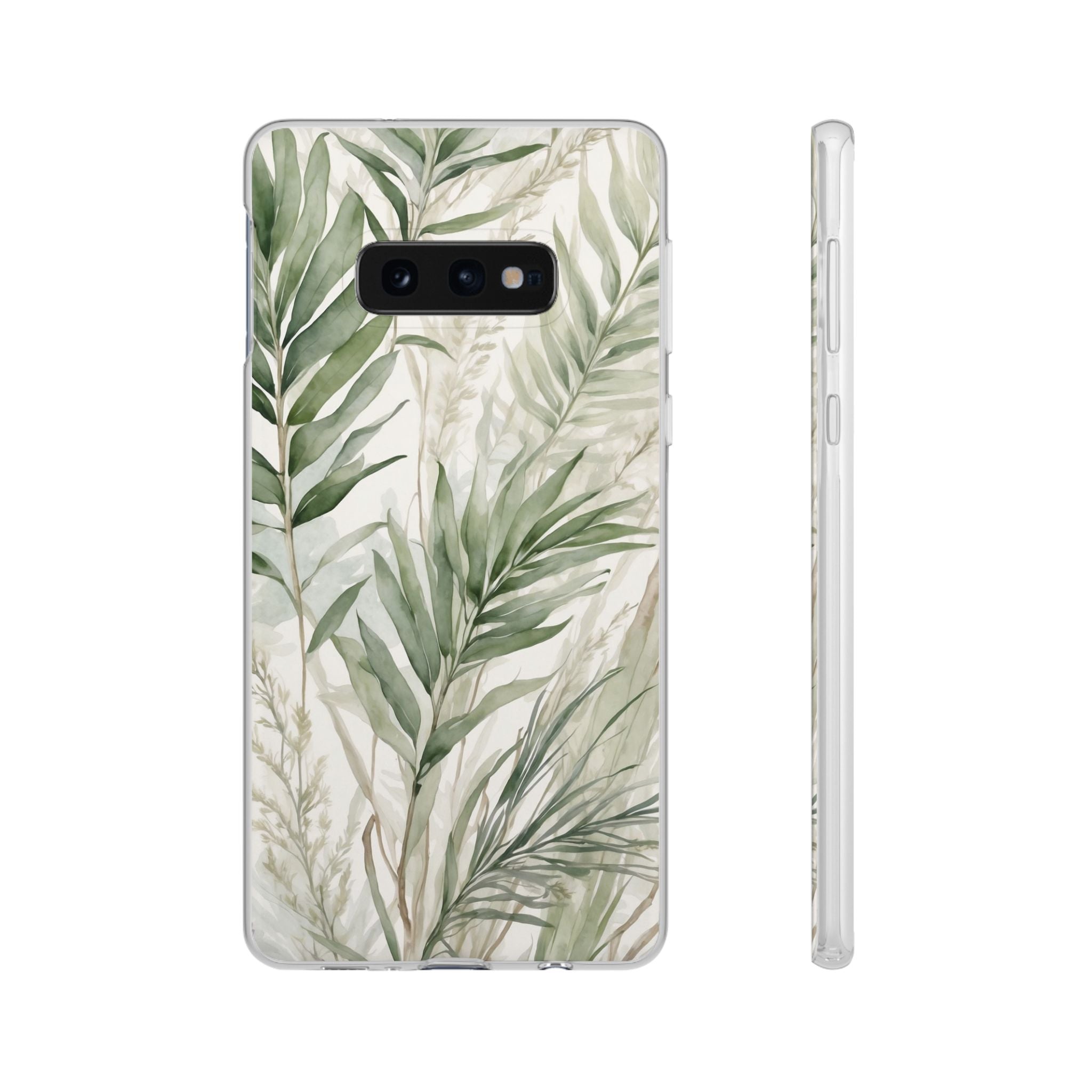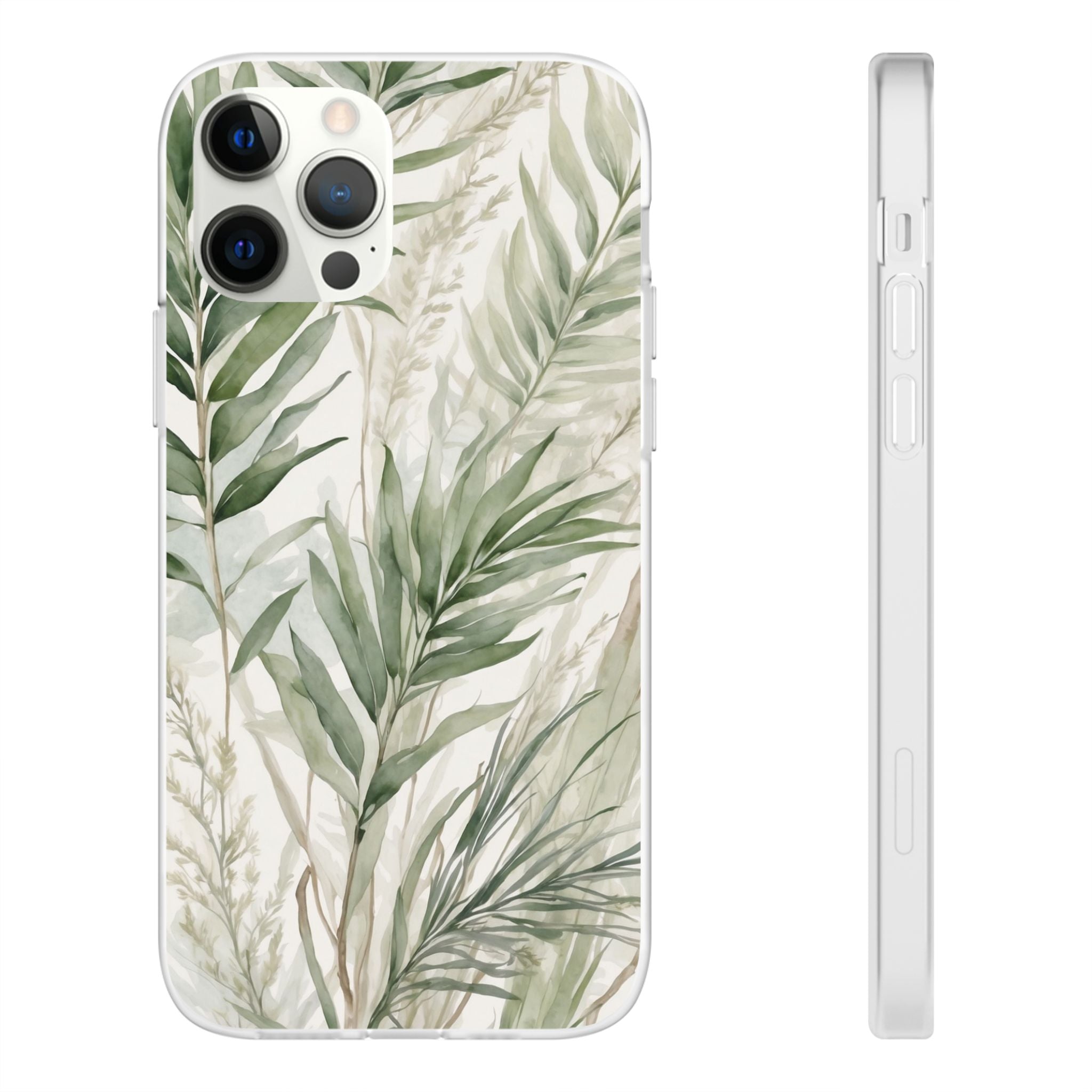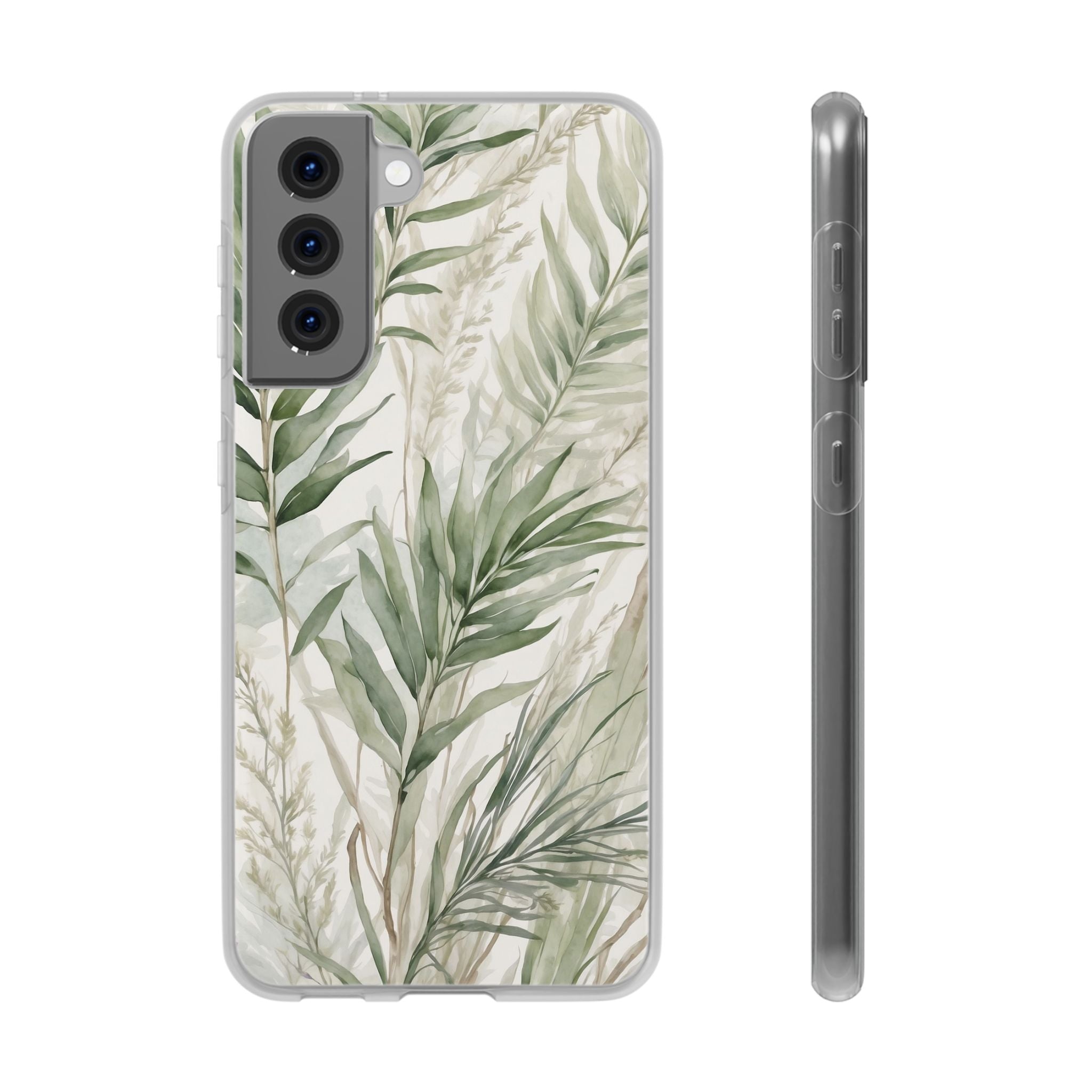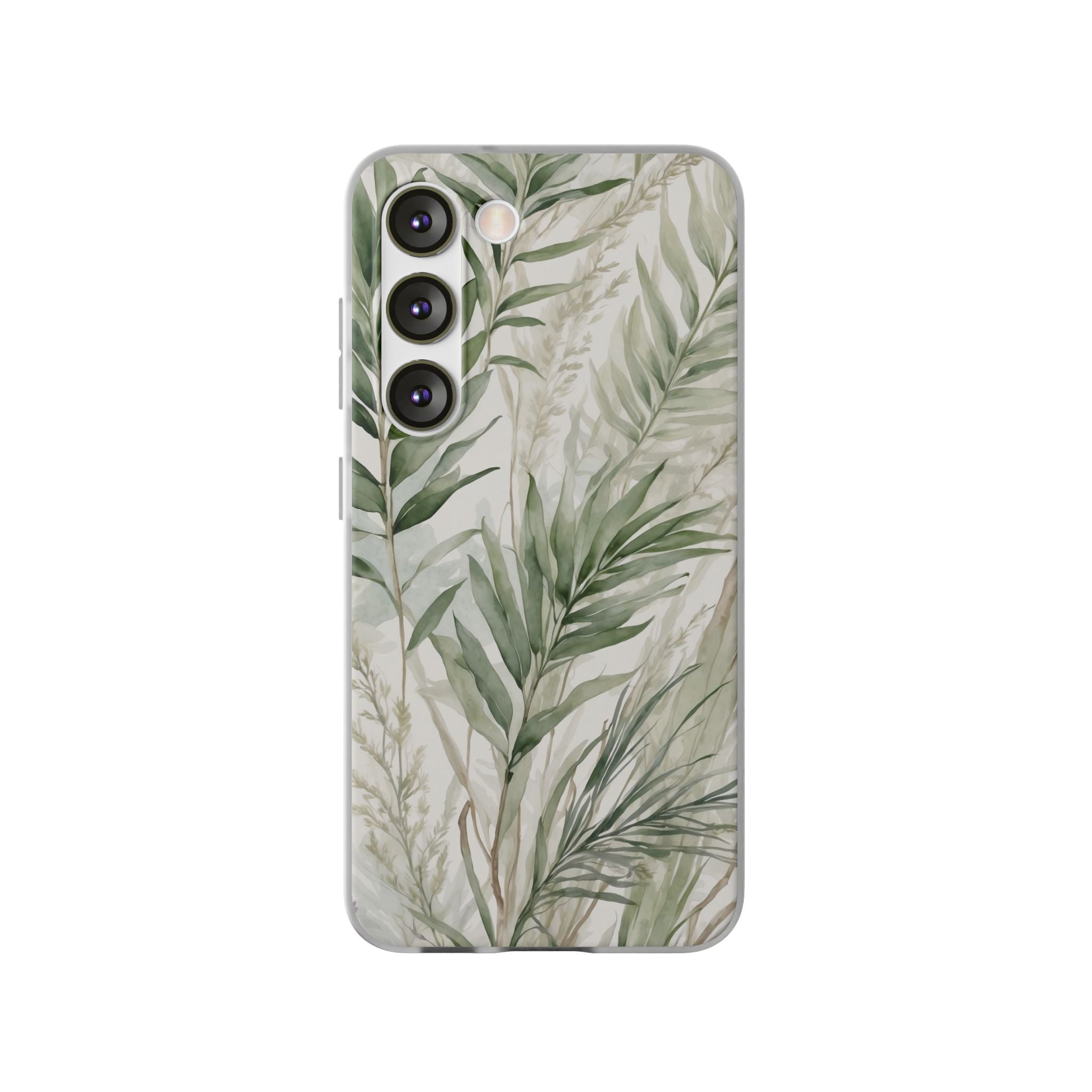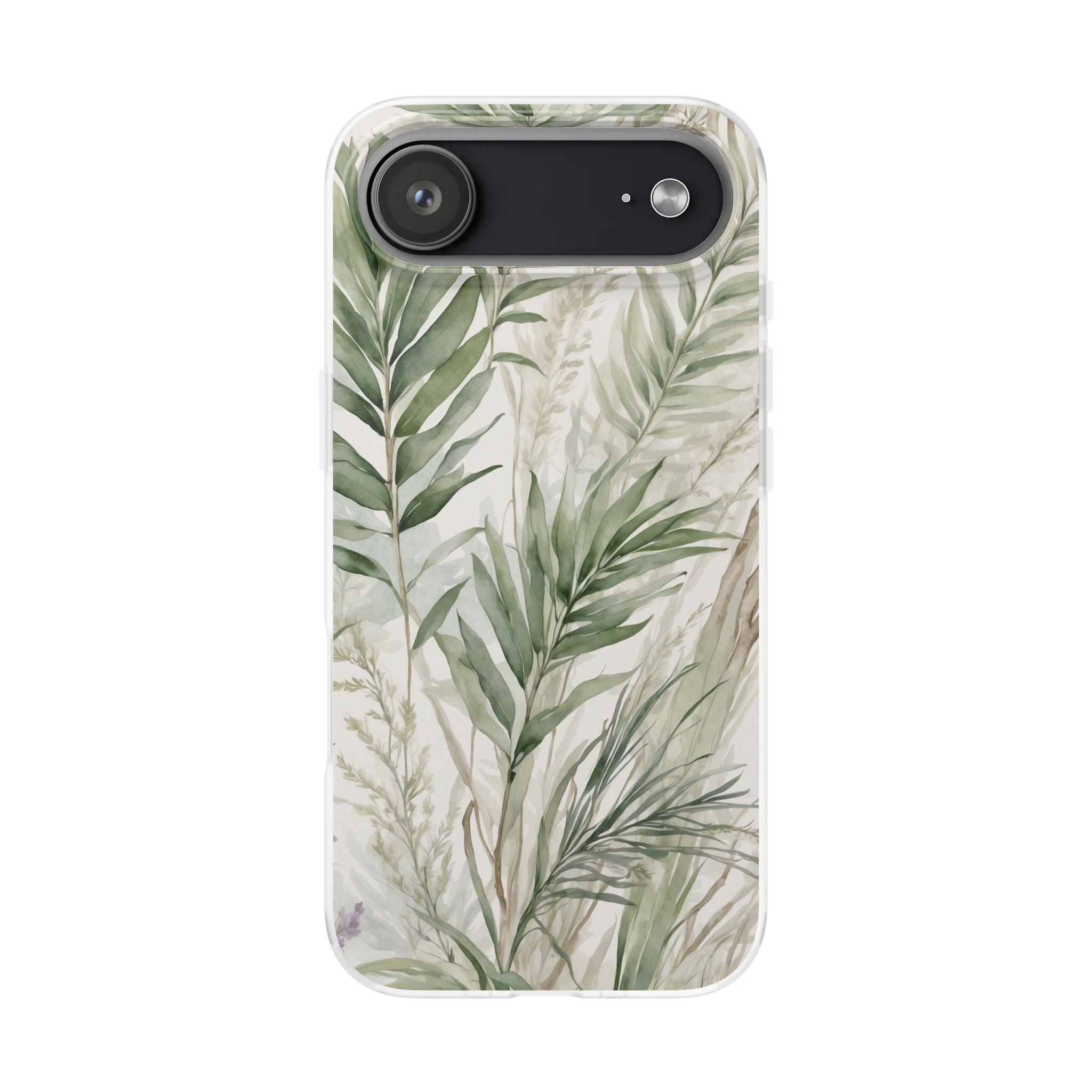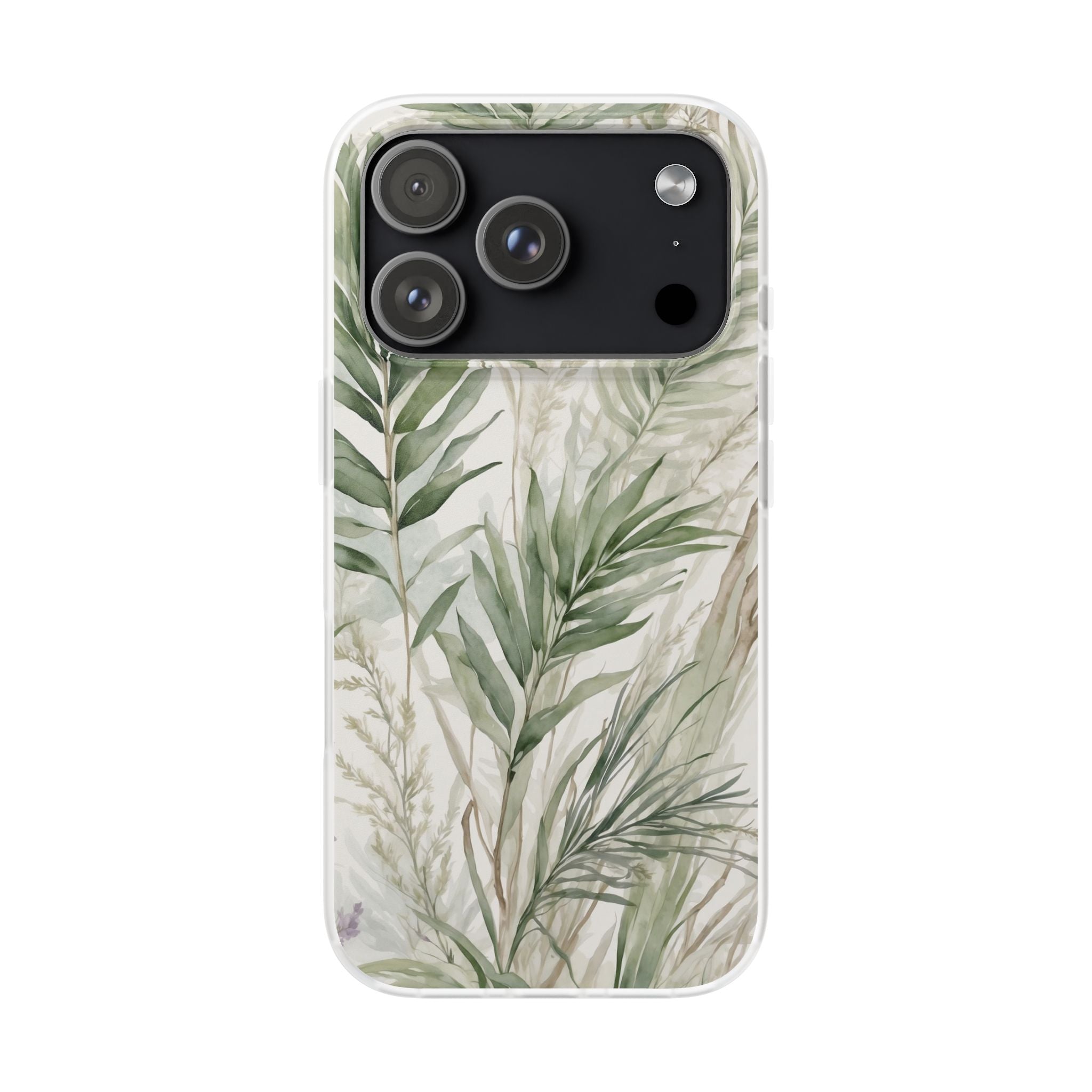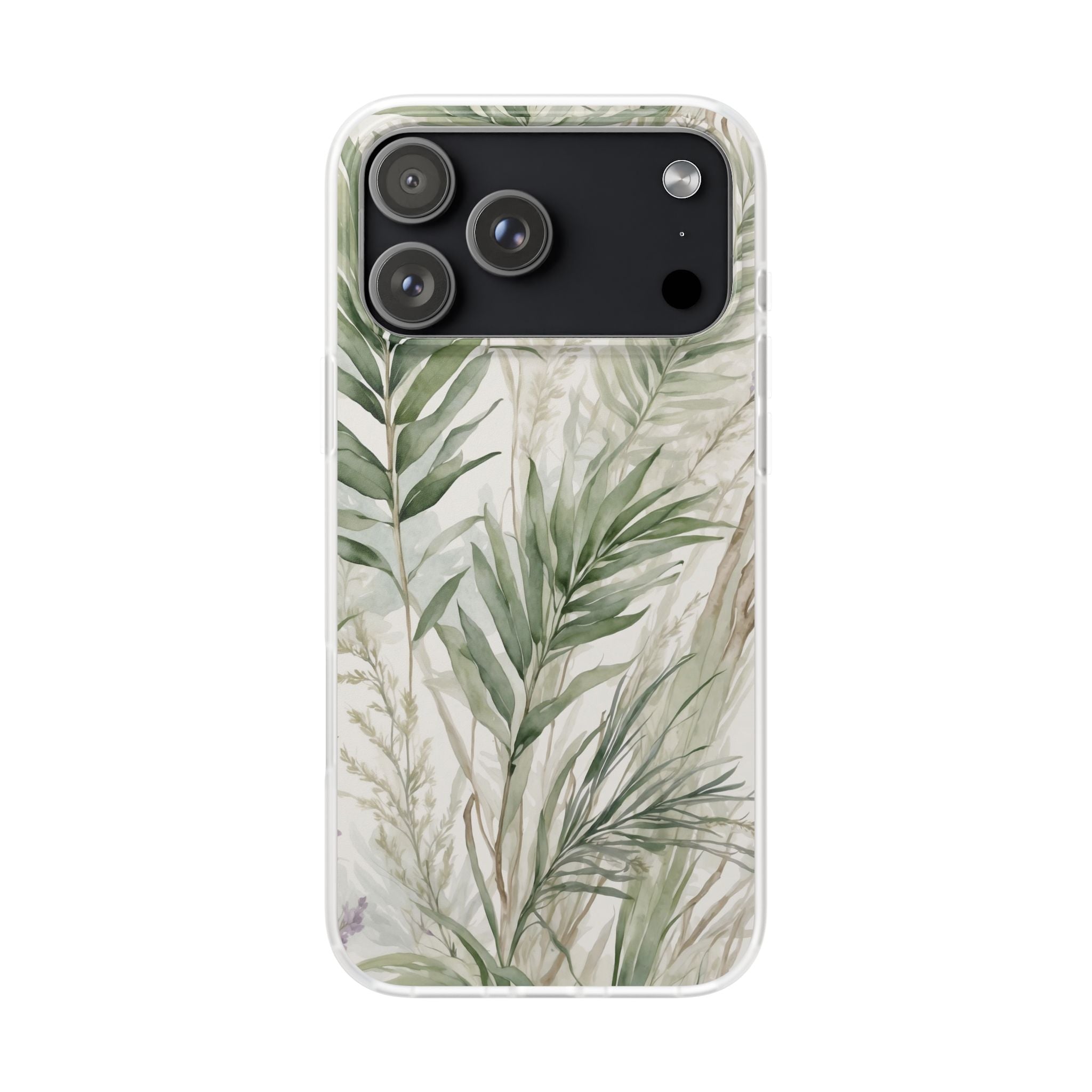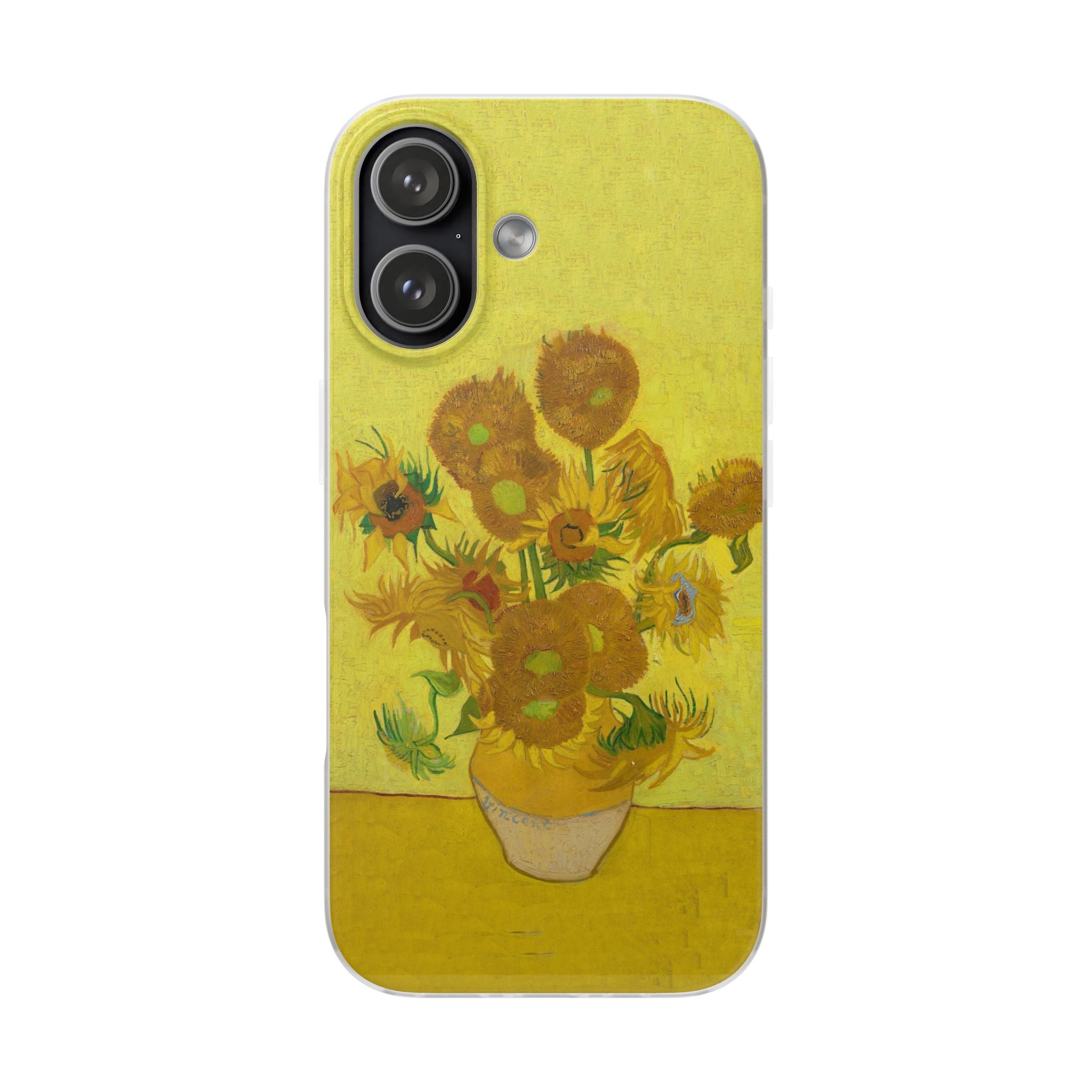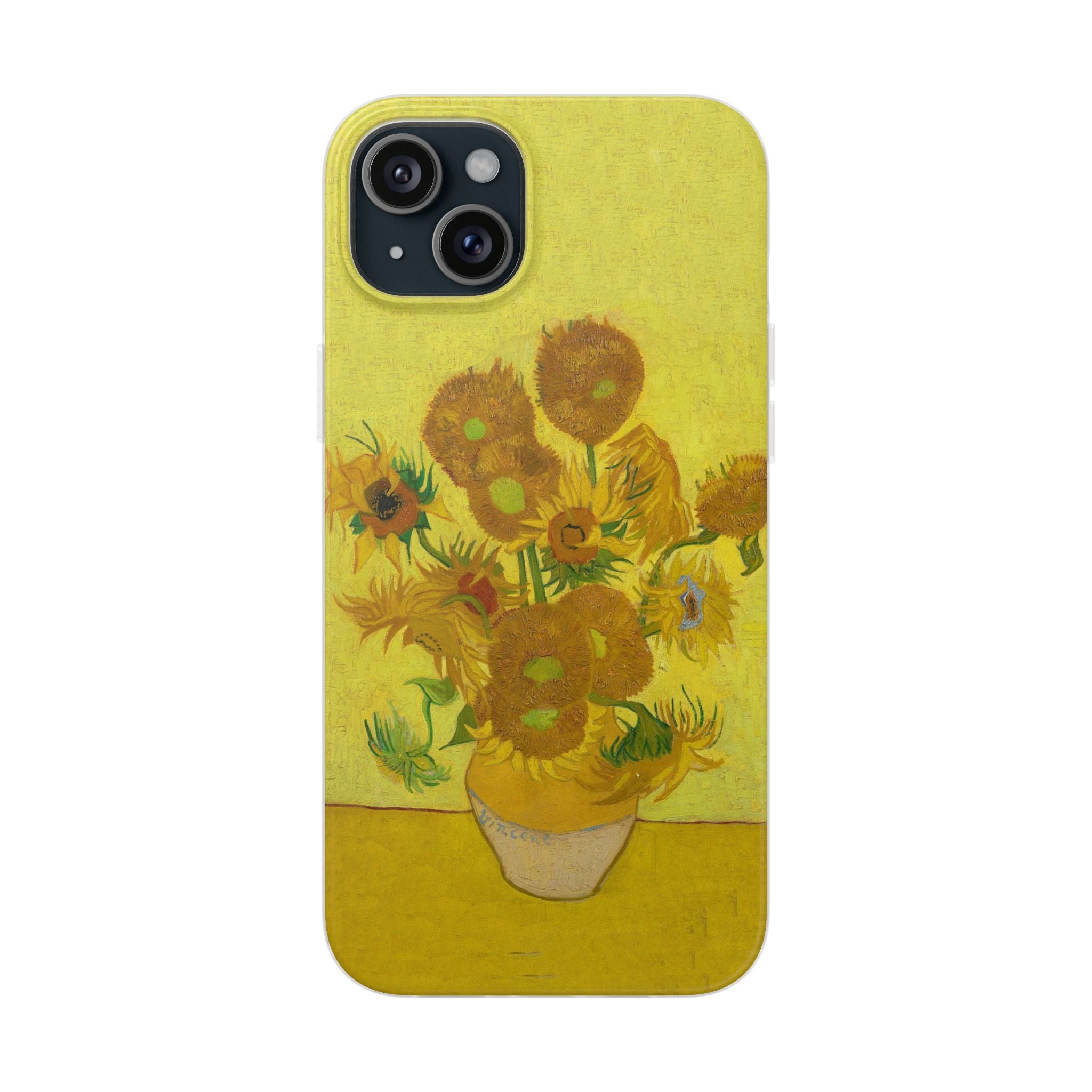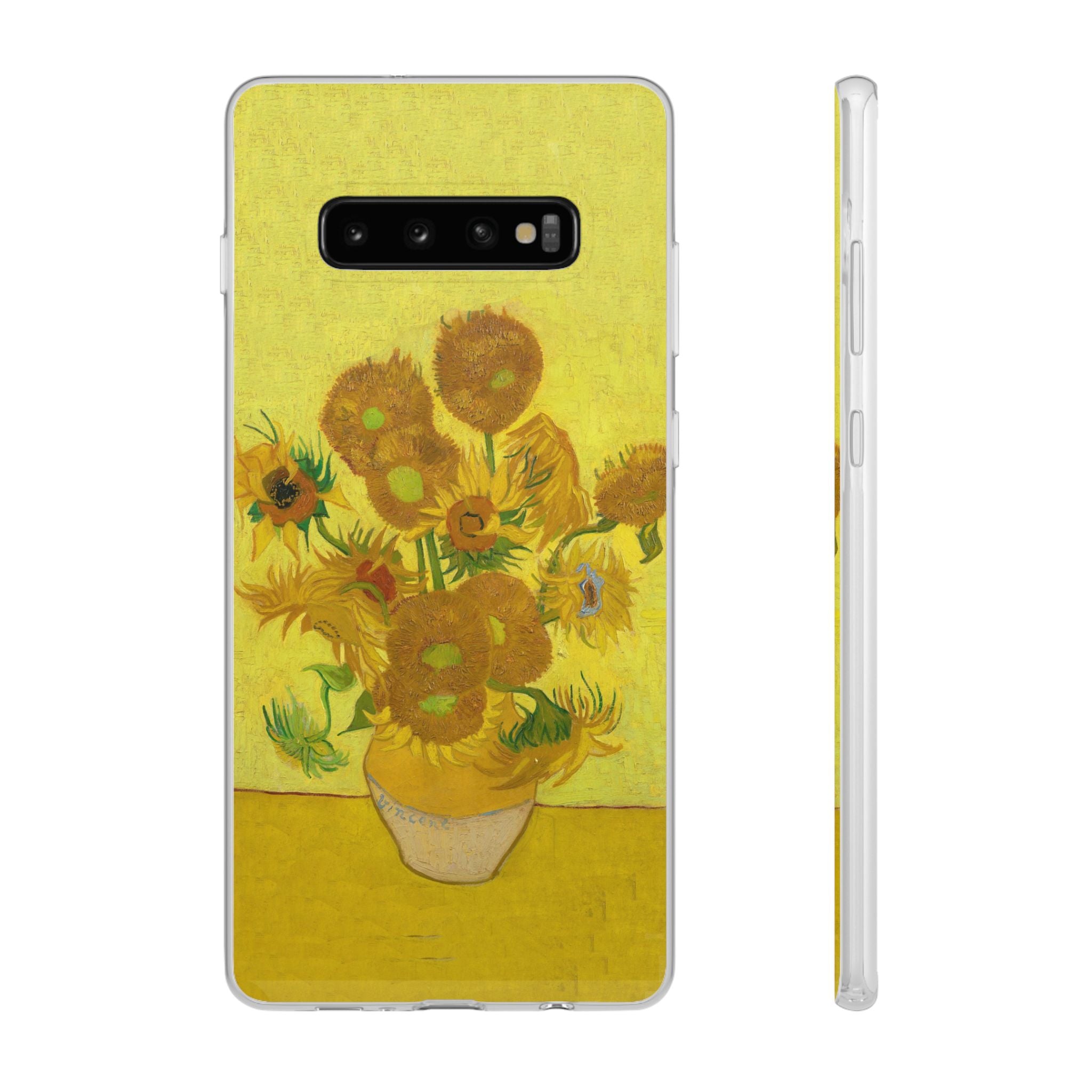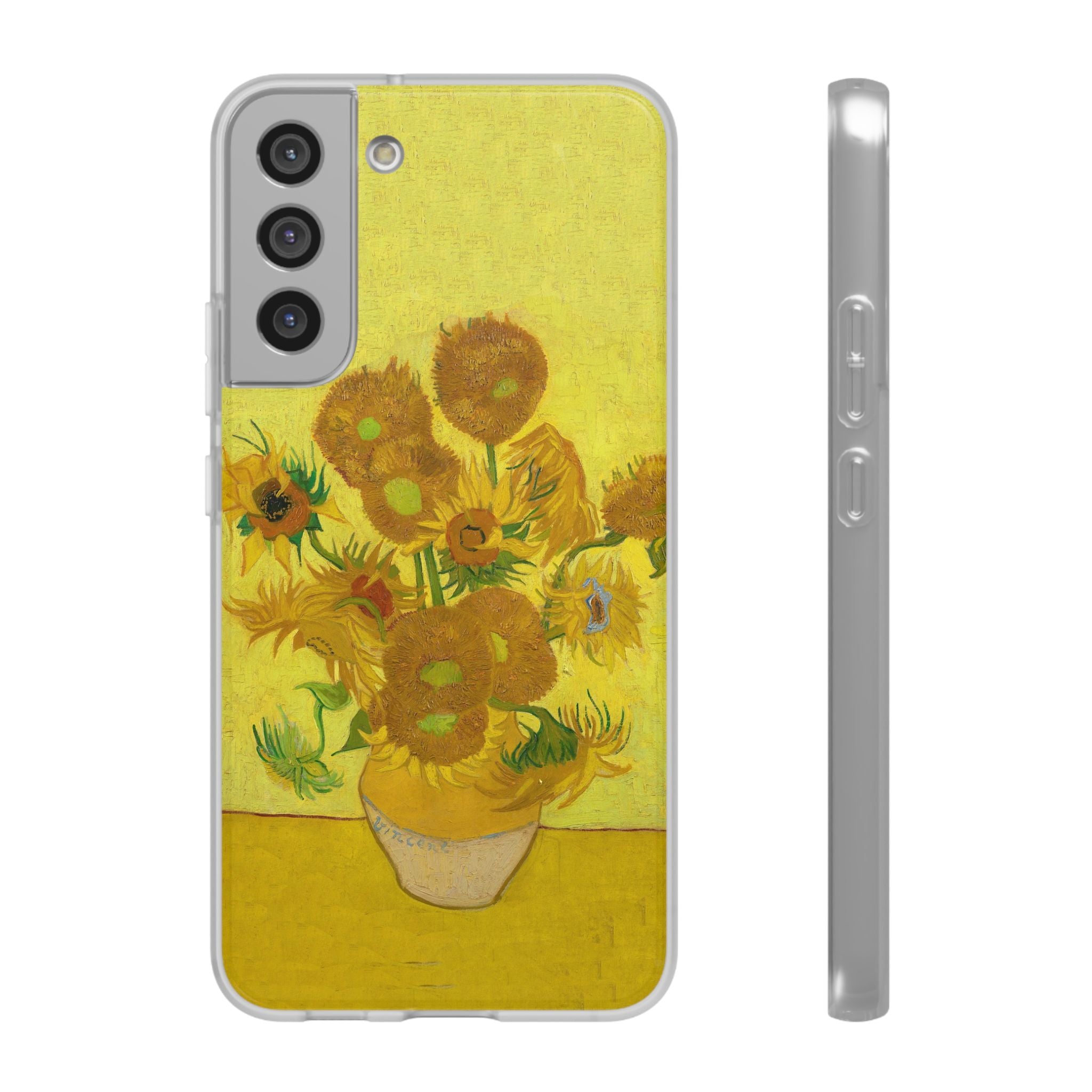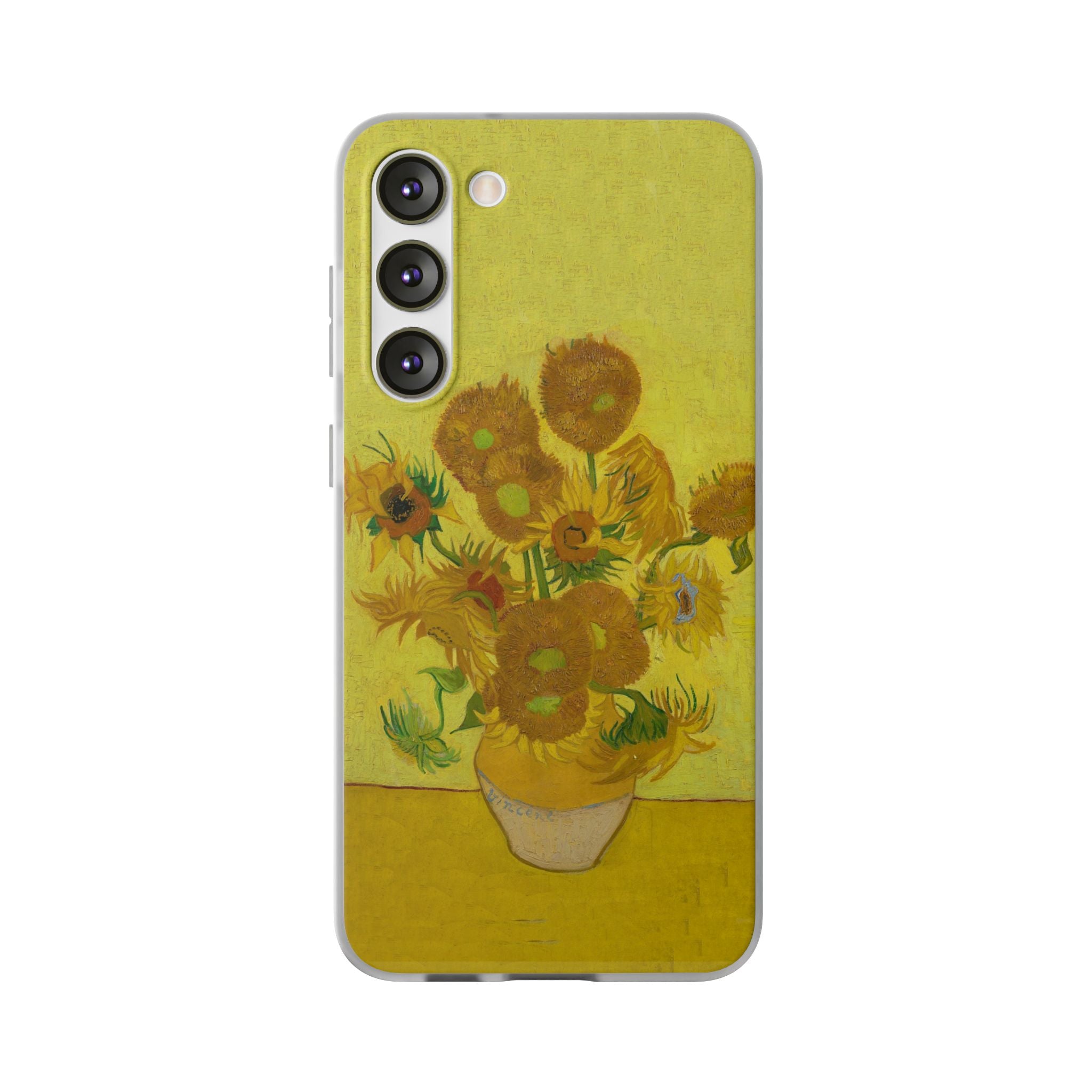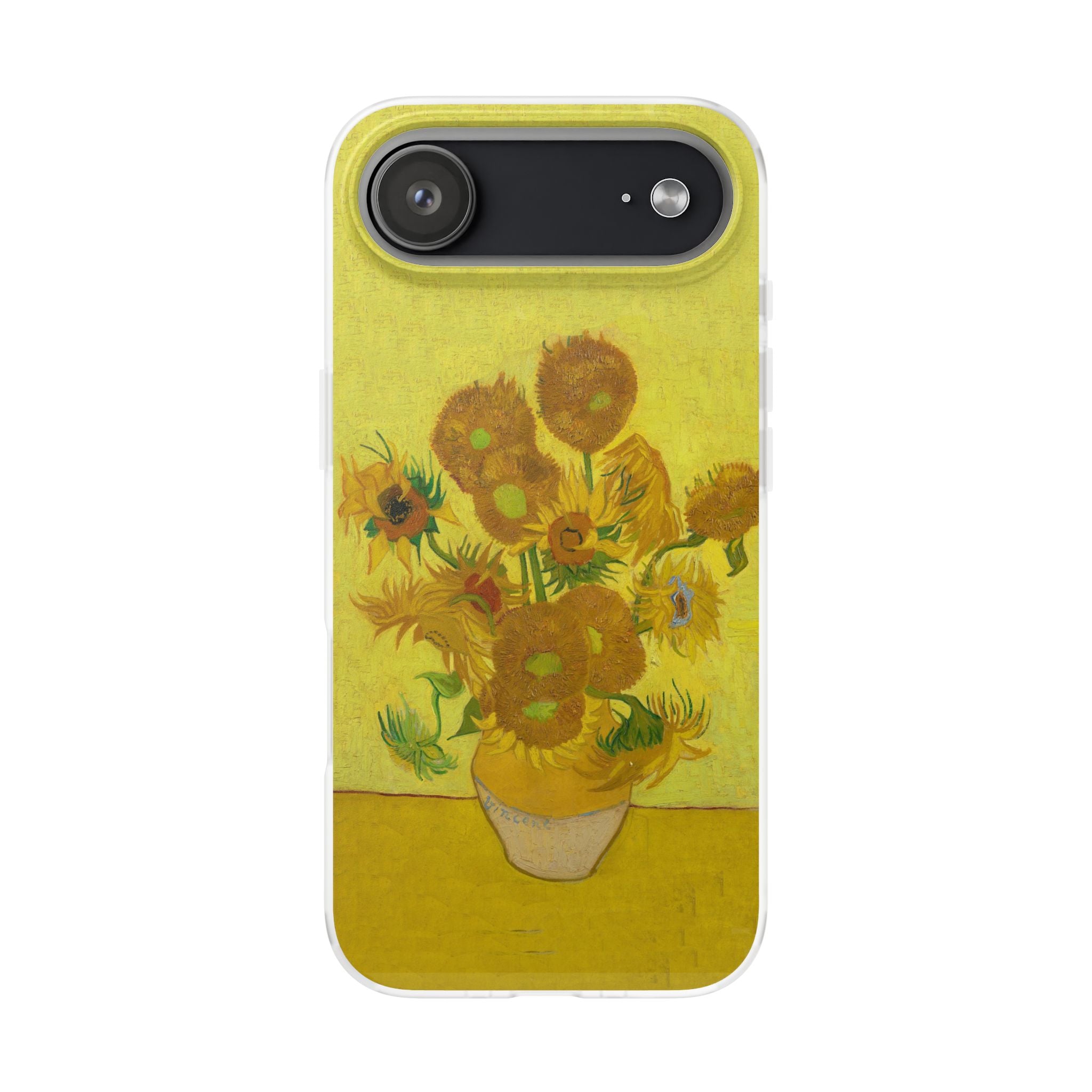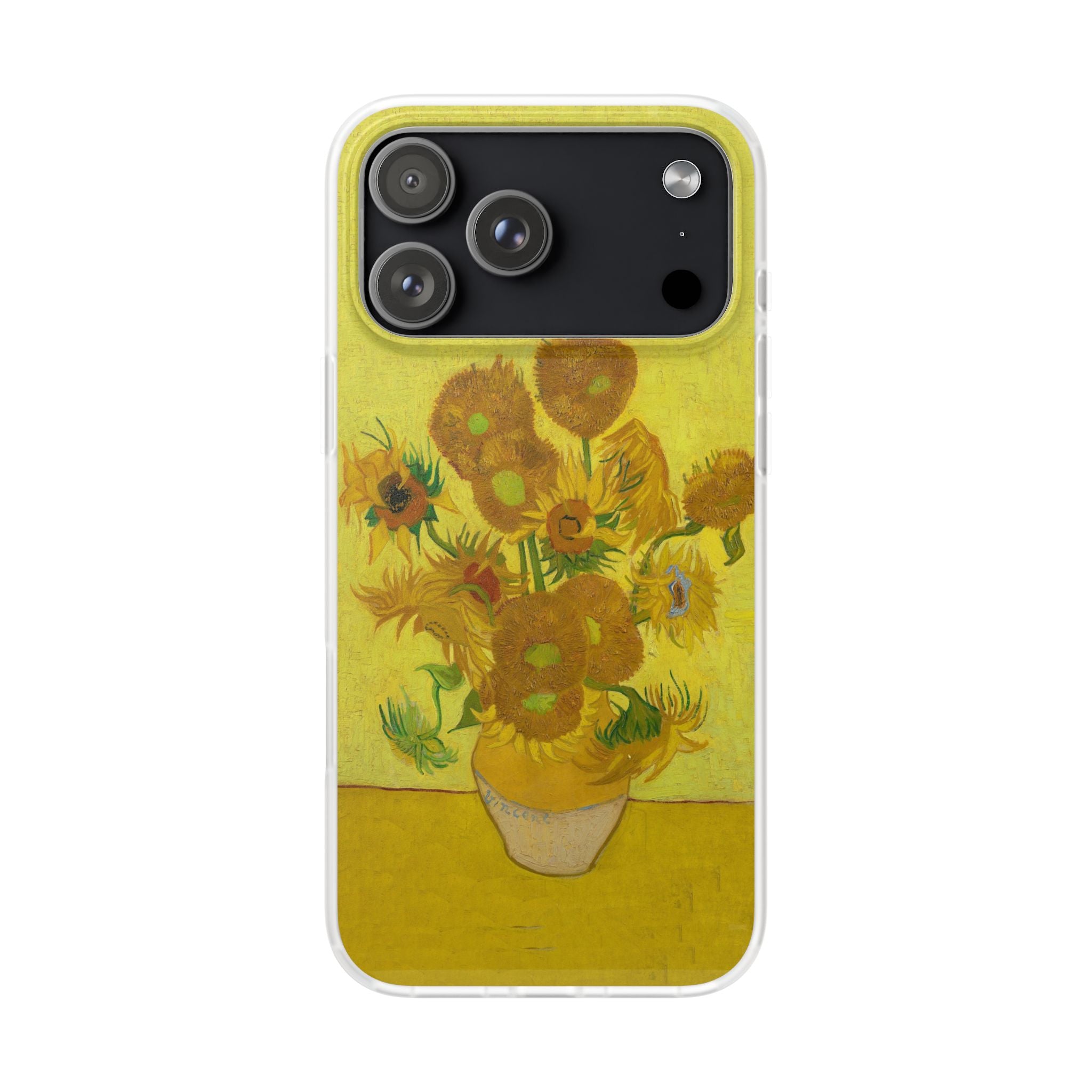Ah, the eternal tussle between the digital and the tangible, the modern marvel and the timeless classic. Is the Amazon Kindle, with all its digital wizardry, truly superior to the beloved traditional paper book? My dear reader, it's a debate as old as time itself, or at least as old as the Kindle's introduction back in 2007. So, let us embark on a literary journey through the hallowed halls of these two titans and uncover whether the Kindle truly reigns supreme.
Picture this: a cozy armchair, a fireplace crackling with stories of yore, and in your hands, a paper book, its crisp pages whispering tales of adventure. There's a certain magic in flipping through those pages, feeling the weight of the story in your hands, the scent of ink and paper swirling through the air. But let us not be swept away by sentimentality alone, for the Kindle brings its own digital enchantment.
Ah, the Kindle, a marvel of technology that can store thousands of books in a thin, sleek tablet. It's like having your very own portable library, a magical portal to a world of stories. No more worrying about shelf space or the weight of carrying multiple tomes on your travels. The Kindle's backlight illuminates the pages, making nighttime reading a breeze. And let's not forget the font adjustments for weary eyes. Oh, the sheer convenience! But is convenience all that matters when it comes to the written word?
A paper book, my dear reader, has a presence. It's a tangible testament to human craftsmanship. The cover art, the texture of the paper, the heft of the book – all contribute to an experience that is more than just reading. It's a tactile journey, an immersion in the physicality of the written word. One can't help but ponder, can the Kindle replicate this sensation? Can it capture the quiet satisfaction of turning a page, of seeing progress in dog-eared corners?
Yet, the Kindle is not without its own charms. Imagine having access to countless titles at your fingertips, instantly downloadable with a mere tap. The world's literary treasures are within your grasp, ready to whisk you away to distant lands and eras. And let's not ignore the environmental argument. Paper books, beautiful as they are, do consume trees. The Kindle, in its digital guise, champions the cause of conservation.
But oh, the Kindle can never replace the delight of stumbling upon an old bookshop, the aroma of well-worn volumes mingling with nostalgia. The joy of picking up a book, flipping through its pages, and realizing that somewhere in history, someone else held these same pages close. It's a connection that transcends time and technology, a bridge between souls.
So, as we stand at this crossroads, torn between the Kindle's convenience and the paper book's sensory allure, what is the verdict? Ah, my friend, there is no definitive answer. It's a matter of personal preference, of cherishing the past while embracing the future. The Kindle, with its digital wonders, has earned its place in the literary tapestry. But the paper book, with its rustic charm, shall forever remain an emblem of our deep-rooted love affair with storytelling.
In the end, whether you choose to curl up with a Kindle or a paper book, the true magic lies in the stories themselves. For it's the stories that transport us, that teach us, that bind us across generations. So, dear reader, embrace the Kindle's digital embrace if you must, or cradle a paper book close to your heart. Whichever path you choose, know that the journey of the written word is a symphony of both the past and the future, harmonizing beautifully in the grand theatre of your imagination.







